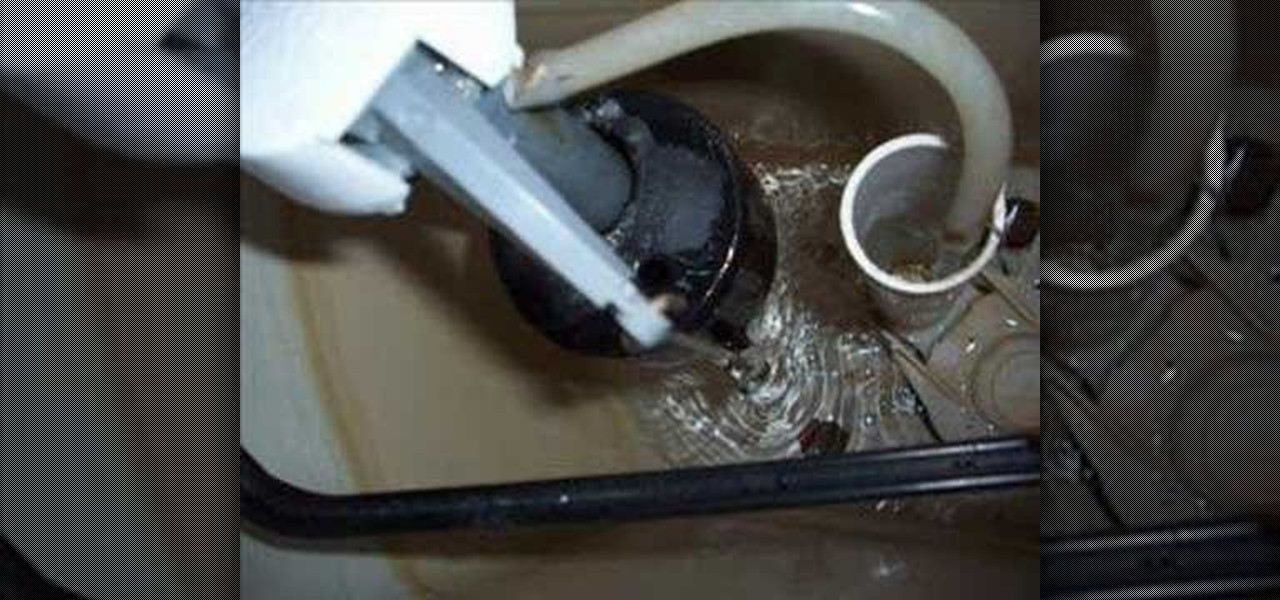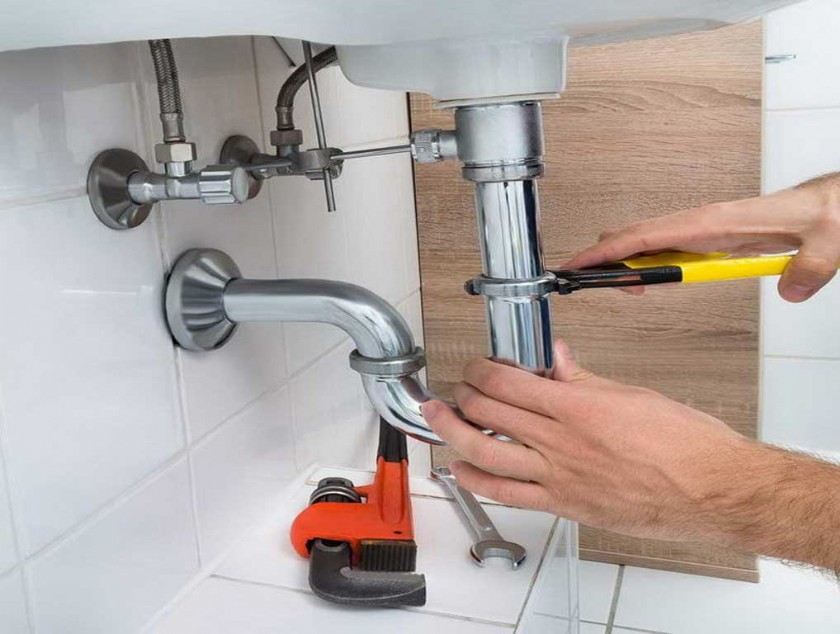Looking for about water meter data management or learn about water meter data management or discuss about water meter data management or share about water meter data management or ask about water meter data management.
Water meter data management refers to the process of collecting, organizing, and analyzing data obtained from water meters. With the increasing demand for water and the need for efficient water management, it has become essential for utility companies and municipalities to accurately monitor and manage water consumption. The data collected from water meters plays a crucial role in understanding usage patterns, identifying potential leakages, and optimizing water distribution.
The first step in water meter data management is the collection of data. Traditional water meters require manual reading, where an employee visits the location, records the reading, and manually inputs it into a system. However, advancements in technology have introduced automated meter reading (AMR) and advanced metering infrastructure (AMI) systems. These systems use wireless communication networks to automatically collect data from water meters, eliminating the need for manual intervention. The collected data is then stored for further analysis.
Once the data is collected, it needs to be stored in a secure and accessible manner. Water meter data is typically stored in a central database or cloud-based platform. The data is organized based on the meter ID, location, and date/time of the reading. Proper organization of data allows for easier retrieval and analysis whenever required. Additionally, data security measures are implemented to protect sensitive customer information and ensure the integrity of the data.
Data analysis is a critical aspect of water meter data management. By using various analytical tools and techniques, utility companies can gain valuable insights into water consumption patterns. These insights can help identify any abnormalities, such as sudden spikes in usage or continuous flow during non-peak hours, indicating possible leaks or wastage. Moreover, by analyzing historical data, companies can identify long-term trends, enabling better planning and optimization of water distribution systems.
Implementing effective water meter data management offers numerous benefits:
Effective water meter data management is crucial for ensuring efficient water management, reducing costs, and promoting sustainability. Through automated data collection, proper storage and organization, as well as thoughtful data analysis, utility companies and municipalities can improve their operations, minimize wastage, and better serve their customers. With the increasing adoption of smart technologies, the future of water meter data management looks promising, offering even more advanced tools for monitoring and conserving this precious resource.
Effective management of water meter data is crucial for efficient water resource utilization and conservation. Water meter data management involves the collection, processing, analysis, and interpretation of data from water meters, enabling water utilities to accurately monitor consumption, identify leaks, and make informed decisions.
The first step in water meter data management is the collection of data from various water meters installed across residential, commercial, and industrial premises. Modern water meters are equipped with electronic sensors that record accurate consumption data. These meters can transmit data wirelessly to a central database, eliminating the need for manual reading and potential human errors. Alternatively, technicians can collect data using handheld devices or connect directly to the meter.
Once collected, water meter data needs to be processed to ensure accuracy and validity. This may involve cleaning and filtering the data to remove outliers or erroneous readings. Data cleaning techniques include data validation, outlier detection, and data interpolation. After cleaning, the data is organized into a structured format for further analysis.
Data analysis plays a vital role in water meter data management. It helps identify consumption patterns, detect leaks or excessive usage, and monitor overall water usage trends. By analyzing water consumption data, utilities can identify areas of high consumption, enabling targeted interventions for conservation. Data analysis techniques include statistical analysis, anomaly detection, and pattern recognition. Sophisticated algorithms can even predict future water usage based on historical data.
Data interpretation allows water utility managers to derive meaningful insights from the analyzed data. By interpreting water meter data, they can make informed decisions regarding infrastructure upgrades, leak detection, and demand management. Visualizing the data through charts, graphs, and maps makes it easier to identify trends, patterns, and anomalies, facilitating data-driven decision-making.
Due to the sensitive nature of water meter data and potential privacy concerns, robust data security measures need to be in place. Encryption techniques, access controls, and secure storage systems ensure that data is protected from unauthorized access or tampering.
Integrating water meter data management systems with existing utility management systems enhances operational efficiency. Real-time data updates can help utilities promptly address issues such as leaks, bursts, or abnormal consumption. Integration also enables automated billing and customer management.
Water meter data management is crucial for effective water resource management, conservation, and customer service. By leveraging modern technologies and analytical tools, water utilities can optimize operations, reduce waste, and make informed decisions regarding water usage. Implementing robust data management techniques ensures accurate data collection, processing, analysis, and interpretation, leading to improved water management practices.

Dealing with a Leaking Toilet Tank: A Comprehensive Guide A leaking toilet tank can be a persistent and bothersome issue that not only wastes water b

Plumbing SystemPlumbing is any system that conveys fluids for a wide range of applications. Plumbing uses pipes, valves, plumbing fixtures, tanks, and
Discover the reasons behind upgrading to water-saving toilets! Reduce water consumption, save money, and contribute to a sustainable future.
Monday, January 8, 2024 Plumbing / Water-saving toilet upgrades Answered: 3 787
787CosmicCactus asked.
Discover potential reasons behind the insufficient water supply problem in your GE dishwasher and find troubleshooting tips to resolve the issue.
Monday, February 5, 2024 / GE dishwasher not getting enough water Answered: 3 151
151Riley Foster asked.
Learn step-by-step instructions on fixing a faulty water valve in your GE dishwasher to prevent water leakage and ensure optimal performance.
Saturday, April 27, 2024 / Fixing water valve in GE dishwasher Answered: 2 168
168marc_50 asked.
Get expert technical support for your LG washer problems! Find the assistance you need to troubleshoot and fix any issues you're facing.
Tuesday, December 26, 2023 LG washer / LG washer technical support Answered: 3 135
135Dakota Hayes asked.
Learn how to prevent pipes from freezing in cold weather. Insulate pipes, keep cabinet doors open, let faucets drip, and maintain consistent indoor temperatures.
Thursday, March 14, 2024 / Keeping pipes from freezing Answered: 2 180
180owen19 asked.
Learn how to diagnose hydraulic fluid contamination in your Valtra Valmet 65 with this helpful guide. Identify issues and prevent further damage.
Sunday, January 7, 2024 Valtra Valmet / Diagnosing hydraulic fluid contamination Valtra Va Answered: 1 158
158Skylar Wilson asked.
Understanding the age of your water heating system is crucial for ensuring efficiency and avoiding costly breakdowns. Consider replacing it if it's over 10-15 years old.
Sunday, March 17, 2024 / Age of water heating system Answered: 2 189
189Tiger asked.
Discover the common causes behind the H2O error on GE dishwashers. Resolve this issue efficiently with our helpful troubleshooting tips and solutions.
Sunday, January 7, 2024 GE / H2O error on GE dishwasher display Answered: 1 145
145Hayden Butler asked.
Learn how to troubleshoot a GE dishwasher water inlet issue when no water is entering the machine, ensuring it runs smoothly and efficiently.
Sunday, March 17, 2024 / Troubleshooting GE dishwasher water inlet Answered: 2 129
129peterct asked.
Possible causes of water supply issues in a GE dishwasher may include clogged filters, faulty valves, low water pressure, or a malfunctioning water inlet hose. Troubleshooting these issues can help resolve the problem. #GEdishwasherwaterproblem
Tuesday, February 6, 2024 / GE dishwasher water supply issue Answered: 3 387
387MirageRider asked.
This page has been viewed a total of 67 times
tepte.com: Your Questions and Answers Resource with a Wealth of General Knowledge
Are you seeking a one-stop destination for comprehensive knowledge and answers to your burning questions? Look no further than tepte.com! Our platform is your go-to source for a wide range of information, all conveniently presented in an easily accessible question and answer format.
At tepte.com, we pride ourselves on being your reliable knowledge hub. Whether you're curious about technology, science, history, or any other subject under the sun, our extensive General Knowledge (GK) knowledge base has you covered. We've made it our mission to provide you with in-depth insights and facts on an array of topics. Read more